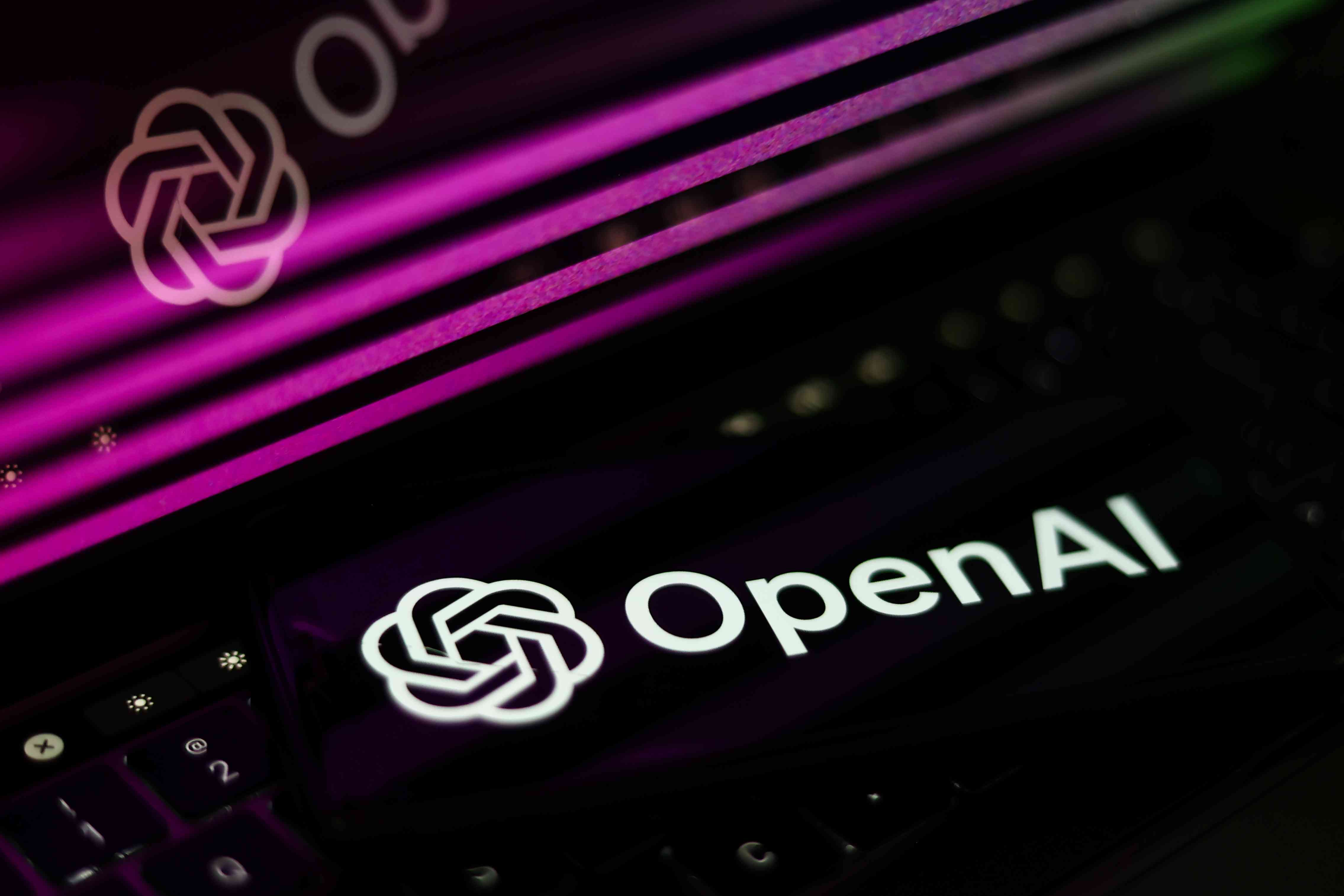
Key Takeaways
- Microsoft reportedly has given up its non-voting board seat on OpenAI’s board just eight months after taking it.
- Apple reportedly will also opt out of taking a similar role observing the startup’s board after announcing a partnership with OpenAI at its annual WWDC event last month.
- The decisions come as antitrust efforts against big tech have stepped up in recent months, with regulators in the U.S. and internationally accusing tech giants of wielding monopoly power.
Microsoft ( MSFT ) has reportedly stepped back from its non-voting board seat on the board of ChatGPT maker OpenAI less than a year after joining it, while Apple ( AAPL ) has reportedly declined the opportunity to take a similar role as it integrates ChatGPT into new iPhones and operating systems.
The decisions, reported by The Financial Times and Bloomberg early Wednesday, come as regulators in the U.S. and abroad have stepped up efforts to rein in the influence of big tech companies in recent months.
Microsoft Gives Up Board Seat After Seeing ‘Significant Progress’
Microsoft first took the board seat following a tumultuous period for the generative AI startup in November 2023, when the board fired and then rehired Chief Executive Officer (CEO ) Sam Altman within days.
In a letter reportedly sent to OpenAI late Tuesday, Microsoft said it had seen “significant progress” over the last eight months, putting it in a position where its confidence in OpenAI’s future makes it no longer necessary to retain its advisory board seat, the FT reported.
Apple, which announced a new partnership with OpenAI at its annual Worldwide Developers Conference (WWDC) last month , reportedly has passed on the chance to also have a non-voting board seat as its partnership with OpenAI develops. An OpenAI spokesperson told the FT that it plans to hold regular meetings with investors and partners like Apple and Microsoft to keep them informed.
Antitrust Push Against Big Tech Growing
The decisions from Microsoft and Apple come as their industry faces more scrutiny from federal regulators than they have in recent years. The U.S. Department of Justice (DOJ) and Federal Trade Commission (FTC ) have filed lawsuits against Apple, Microsoft, Meta Platforms ( META ), and Google parent Alphabet ( GOOGL ), among others, accusing them of anticompetitive behavior.
Abroad, the European Union’s (EU ) landmark big tech law, the Digital Markets Act (DMA) , went into effect earlier this year, with regulators informing the big tech companies that a number of their practices may violate the law , opening them up to substantial fines.
Regulators have also questioned investments and hirings by Microsoft and Google in the AI space, debating whether the companies have gained an unfair advantage in the growing industry as Microsoft has invested billions into OpenAI.
Microsoft, Apple, and OpenAI did not immediately respond to requests for comment.
Microsoft and Apple shares were both up about 0.4% by 8:15 a.m. ET Wednesday to $461.27 and $229.68, respectively.

